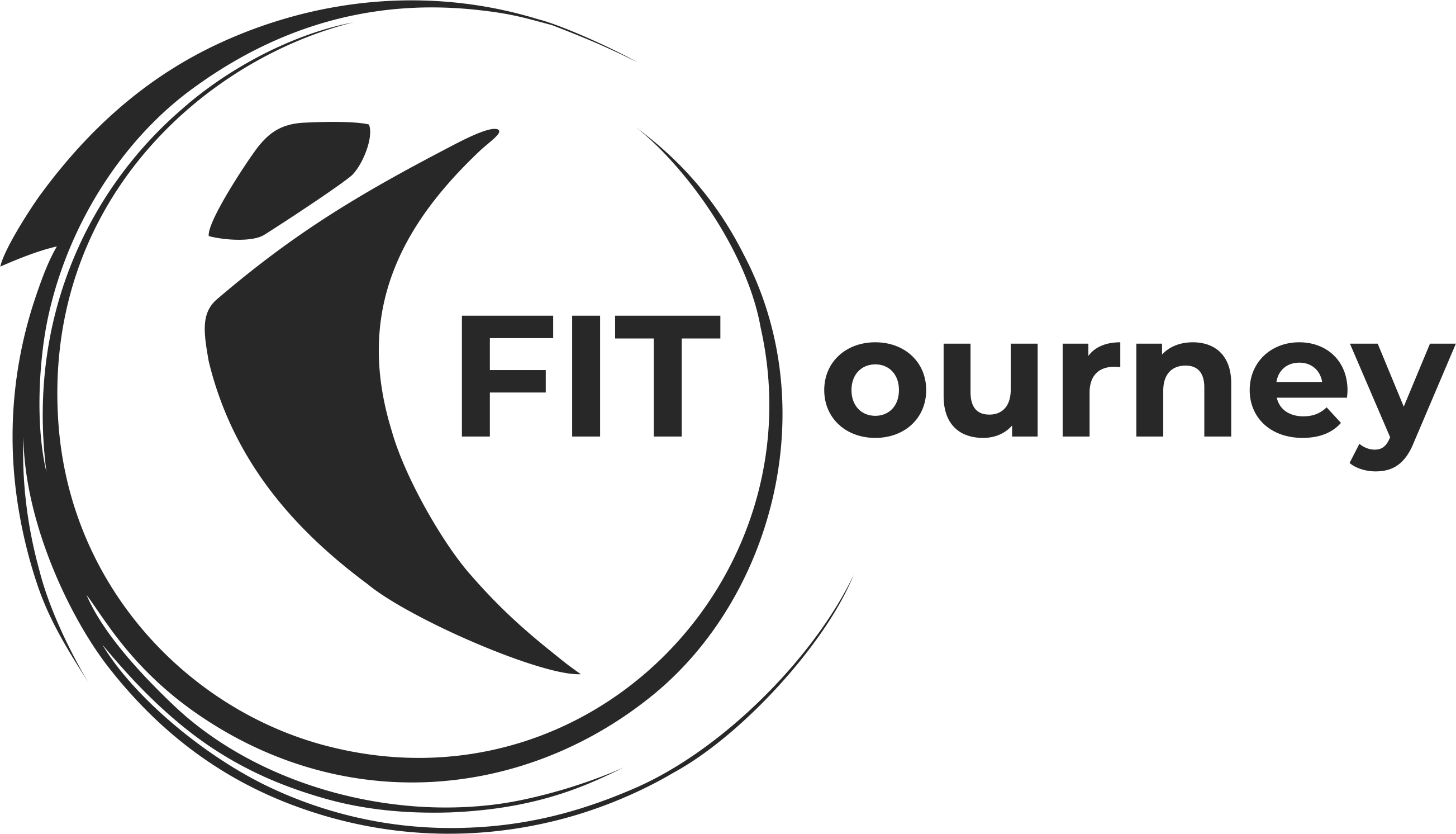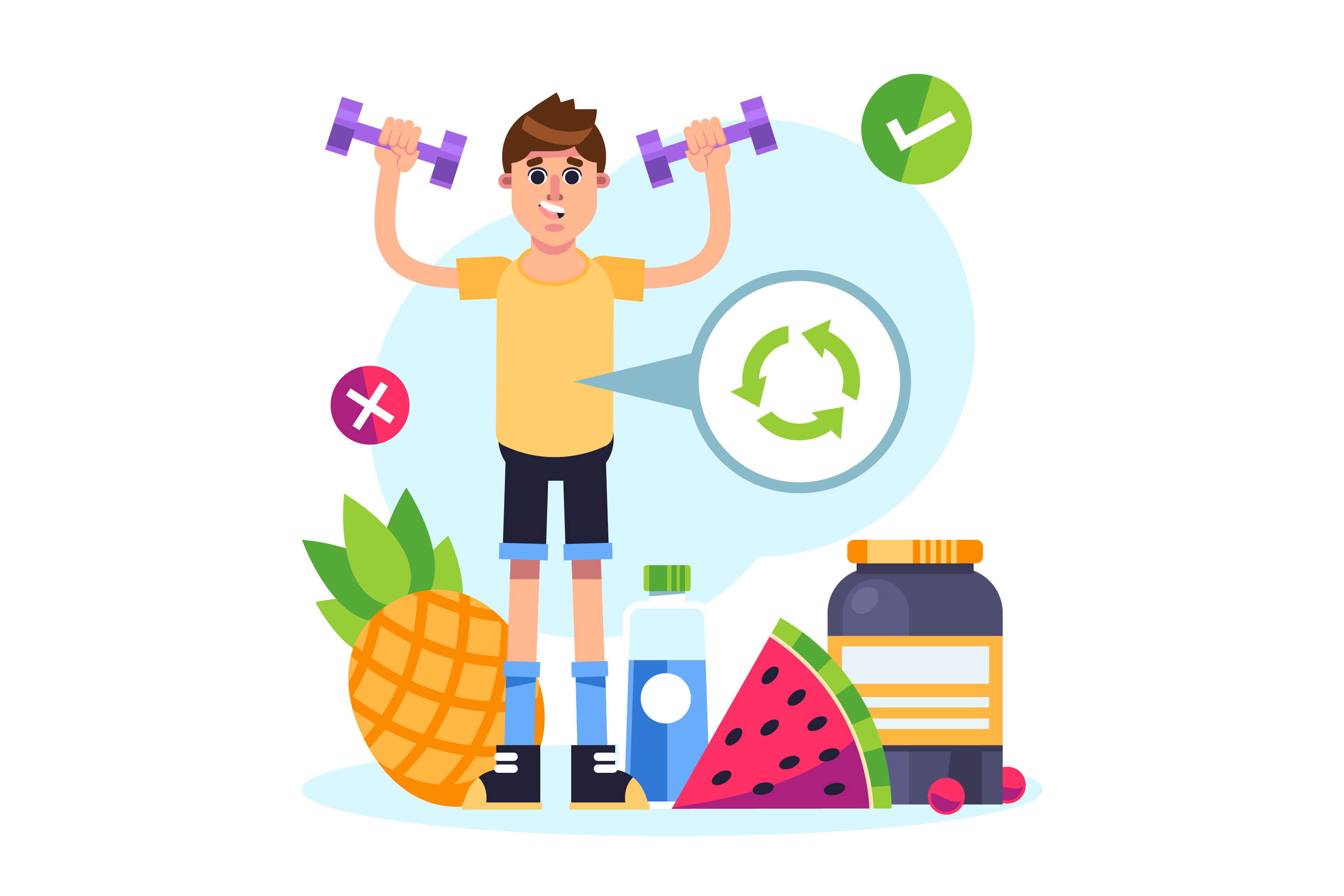Pre-workout nutrition is the key to a good workout. The quality of your workout and its subsequent recovery directly hinges on what you consume before hitting the gym.
Protein and carbohydrates form a dynamic duo that can significantly enhance performance and aid recovery. Water is equally important and some supplements like creatine and caffeine may help you kick your workout effectively.
Pre-workout nutrition not only helps to improve the quality of the workout but also minimises muscle loss and improves post-workout recovery.
Here we delve into everything you need to know about pre-workout nutrition:
What to eat before a workout?
Fueling your body before a workout is essential for providing the energy and strength needed to perform optimally. Macronutrients are all that you need to perform effectively. However, the ratio varies from person to person depending on their goal and exercise type.
Let's explore the role of each macronutrient in pre-workout nutrition:
Carbohydrate
Whenever you eat carbs, your body will process those carbs and will store the glucose in the form of glycogen, primarily in the liver and muscles.
Your muscles use the stored glycogen as fuel during your workout.
For short and high-intense workouts, your body uses stored glucose as the primary source of energy.
For longer-duration workouts, the utilisation of carbs depends on several factors like the intensity of a workout, type of workout and your overall diet.
It's crucial to note that muscle glycogen storage is limited, and once depleted, energy levels decline.
Protein
Protein before a workout is beneficial, especially for muscles. It helps to improve athletic performance.
Eating protein alone or with carbs before a workout has been shown to increase muscle protein synthesis.
Protein before a workout helps you in:
- Higher muscle growth
- Improved muscle mass
- Improved muscle recovery
- Increased lean body mass and strength.
Fat
Fat is known as stored fuel for your body. While glycogen is used for short and high-intensity workouts, fat is the source of energy for longer and moderate to low-intensity workouts.
How does the timing of your pre-workout meal matter?
Not just what you eat, but when you eat is equally important before a workout.
To get higher results, eat a complete meal containing protein, carbs and fats, 2-3 hours before your workout, especially for long-duration workouts.
In some cases, you might find it difficult to have a workout meal 2-3 hours before any workout. The reason might be the individual’s schedule or early morning workout.
In that case, you still can have a decent meal. If you eat 45-60 minutes before your workout, choose foods wisely that are quick to digest like simple carbs and some protein.
Always keep in mind the sooner you eat before a workout, the smaller and simpler the meal should be.
Some examples of pre-workout meals:
What to eat, when to eat and how much to eat depends on the type, duration and intensity of the workout.
One should always focus on eating a combo of both protein and carbs to get effective results.
If your workout starts within 2 hours
- Carbs: Whole grain bread sandwich, brown rice etc.
- Protein: Boiled eggs, omelette, lean protein etc.
- Fibre: Salad, fruits etc.
If your workout starts within an hour or less
If you have less time to eat then go for simpler and smaller meals like:
- Any piece of fruit such as a banana, apple or orange.
- Protein bar.
- Greek yogurt and fruit.
Importance of hydration before a workout
Your body should be in good hydration before any workout. It helps to sustain and enhance performance. While dehydration leads to a significant decrease in performance, it also helps to prevent cramps during a workout.
It’s recommended to consume both water and sodium before exercise. This will improve fluid balance.
Conclusion
Pre-workout nutrition is vital to maximise your performance and recovery. A good combination of carbs, protein and fat is the key to a good pre-workout meal. The energy you get from carbs will help to perform a short-duration but high-intensity workout and protein helps to improve muscle protein synthesis, prevent muscle damage, and promote recovery. In contrast, good hydration helps to improve overall performance.




